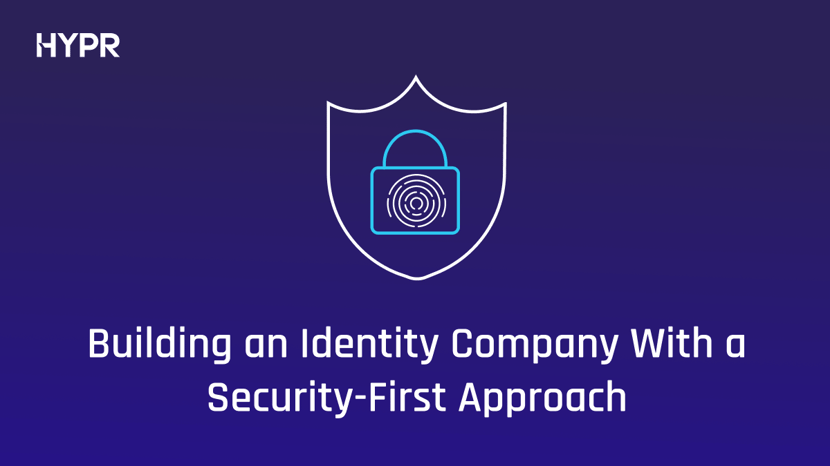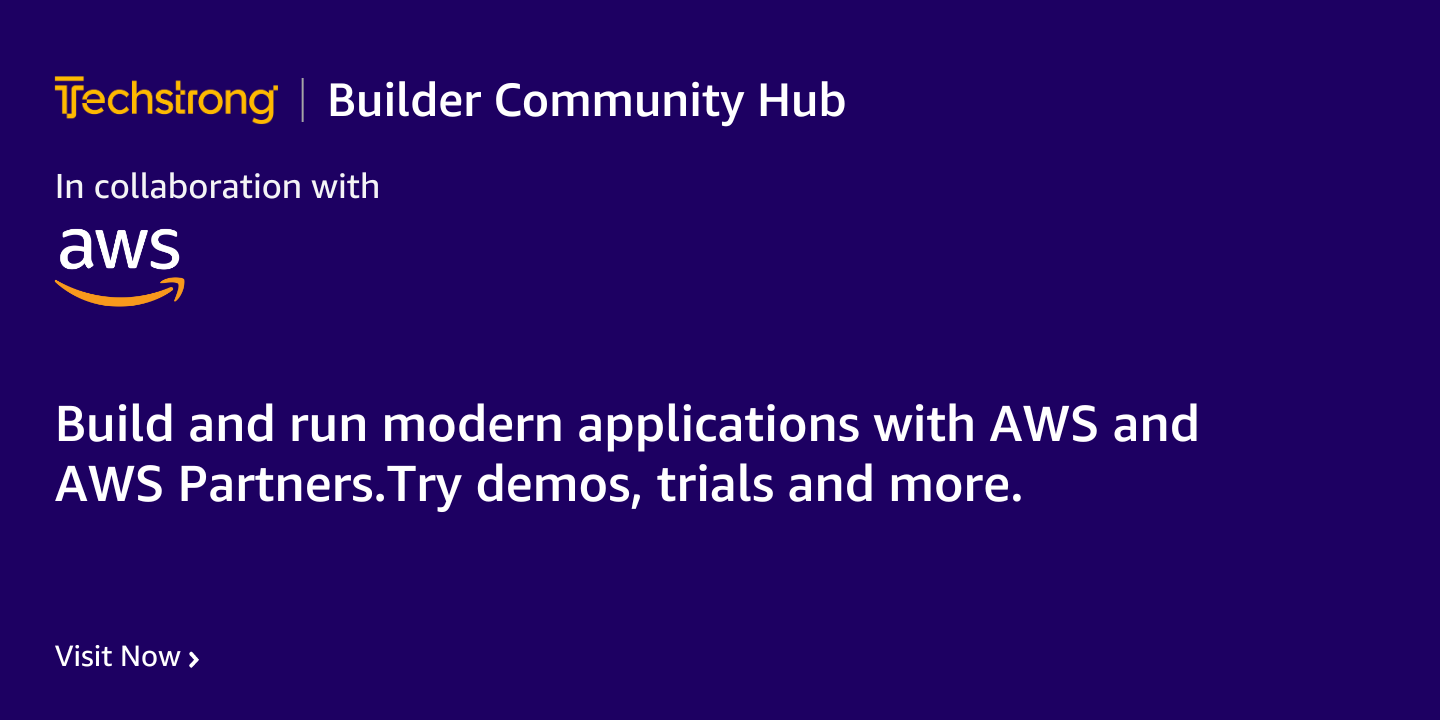
In the current digital landscape, the line that differentiates identity management from robust security is fast blurring. Many traditional identity solutions, initially designed to assist small businesses in transitioning identities to the cloud, are now buckling under the challenges posed by advanced enterprise complexities. Okta, initially conceived to simplify cloud-based identity, serves as a case in point. Its ongoing struggles highlight the pivotal difference between companies constructed mainly for identity management and those forged for identity security from the ground up, like HYPR.
Defining an Identity Security Company
An identity security company goes beyond managing credentials; it embodies the protection of every snippet of information, every user interaction, and every digital echo from mounting threats. Unlike traditional identity companies that prioritize convenience, an identity security company places security as its top priority. Moreover, the focal point isn’t solely user authentication, but on safeguarding the entire span of digital actions.
Foundational Identity Security Controls
To genuinely emphasize security in identity management it’s important to embed identity security controls into the very fabric of the organization. These include:
- Phishing-Resistant Authentication Everywhere: It’s paramount to implement authentication methods that are resilient to phishing attacks. Moreover, there should never be a fallback to weaker or more vulnerable authentication techniques.
- Security Education Across the Entire Business: Ensure a continuous inflow of updates on emerging threats and the latest security best practices. This must apply to everyone across the company, not just people touching the product.
- Make the Business Allergic to Shared Secrets: When a hacker gets a foothold in an environment, they look for shared secrets such as API keys, tokens, static credentials, and others to try to spread throughout the environment. Eliminate shared secrets wherever possible and when you do have to use them, put tight controls on who has access and how they can be used.
- Routine Security Audits That Aren’t Routine: Don’t just go for the checklist approach to security audits and compliance. Understand the true intent behind the compliance, regulatory or security obligations so that you are addressing core security needs. This keeps you ahead of the curve and able to implement solutions that mesh with your business objectives.
- Make Security Your Company Culture: A security-first mindset starts at the top. Understand that your customers’ security needs take priority and reflect this in the choices you make.
Designing a Secure Architecture
A well-designed secure architecture lays the foundation for a strong and reliable identity security solution. Critical elements include:
- Comprehensive Vulnerability Management: Invest time, effort and money into testing your solution from various angles to eliminate blind spots. Partner with multiple third-parties who are experts in their part of the tech stack. For us at HYPR, that means working with specialized pen testing partners on Mobile, Endpoint, Back-End, and Cloud.
- Adherence to the Least Privilege Principle: Granting access only to essential resources ensures data integrity.
- Uninterrupted Monitoring: A 24/7 vigil on all operations is vital to preemptively detect and counteract any potential threats.
Why Security Cannot Be an Afterthought
For companies in the identity domain, security must not be just a supplementary feature — it’s their bedrock. Even a minor breach can erode trust and have lasting financial implications. As the nature of cyber threats intensifies, a persistent and unwavering focus on security transitions from being an option to an imperative. By prioritizing security from the beginning, identity companies like HYPR ensure robust protection at all points of the digital journey.
Guidance for Buyers: Making Informed Choices in Identity Products
When it comes to choosing an identity product, it’s essential to make informed choices. Look for companies with a demonstrated track record in prioritizing security. By taking the time to gather information and ask the right questions, buyers can ensure they make the best choice for their identity security needs.
- Delve Deeper Than Features: The underlying principles, commitments, and practices of a company are often more telling than a mere feature list.
- Ask for a Threat Model: Your Identity partners should be able to walk you through a comprehensive threat model of their business. If your security and technical folks aren’t happy with it, there’s a major issue.
- Demand Transparency: Reputable companies will be forthright about their security protocols and will not shy away from sharing audit outcomes.
- Verify Compliance Credentials: It’s vital to ensure the solution aligns with global benchmarks like GDPR, CCPA, and the like. Be sure to check out HYPR’s Compliance and Certifications.
- Seek Genuine Feedback: Interactions with current clients offer a transparent window into the product’s real-world performance.
To wrap up, as our digital footprints grow and identities become more intertwined with our real-world selves, the distinction between simply managing and truly securing these identities becomes paramount. HYPR, with its foundational emphasis on security, ensures that the complexities of identity management are met with unwavering security measures. While no one can be perfectly secure, our security first approach gives even the largest and most complex businesses in the world the confidence to work with HYPR.
![]()
*** This is a Security Bloggers Network syndicated blog from HYPR Blog authored by Bojan Simic, CEO & CTO, HYPR. Read the original post at: https://blog.hypr.com/identity-security-company-with-a-security-first-approach


